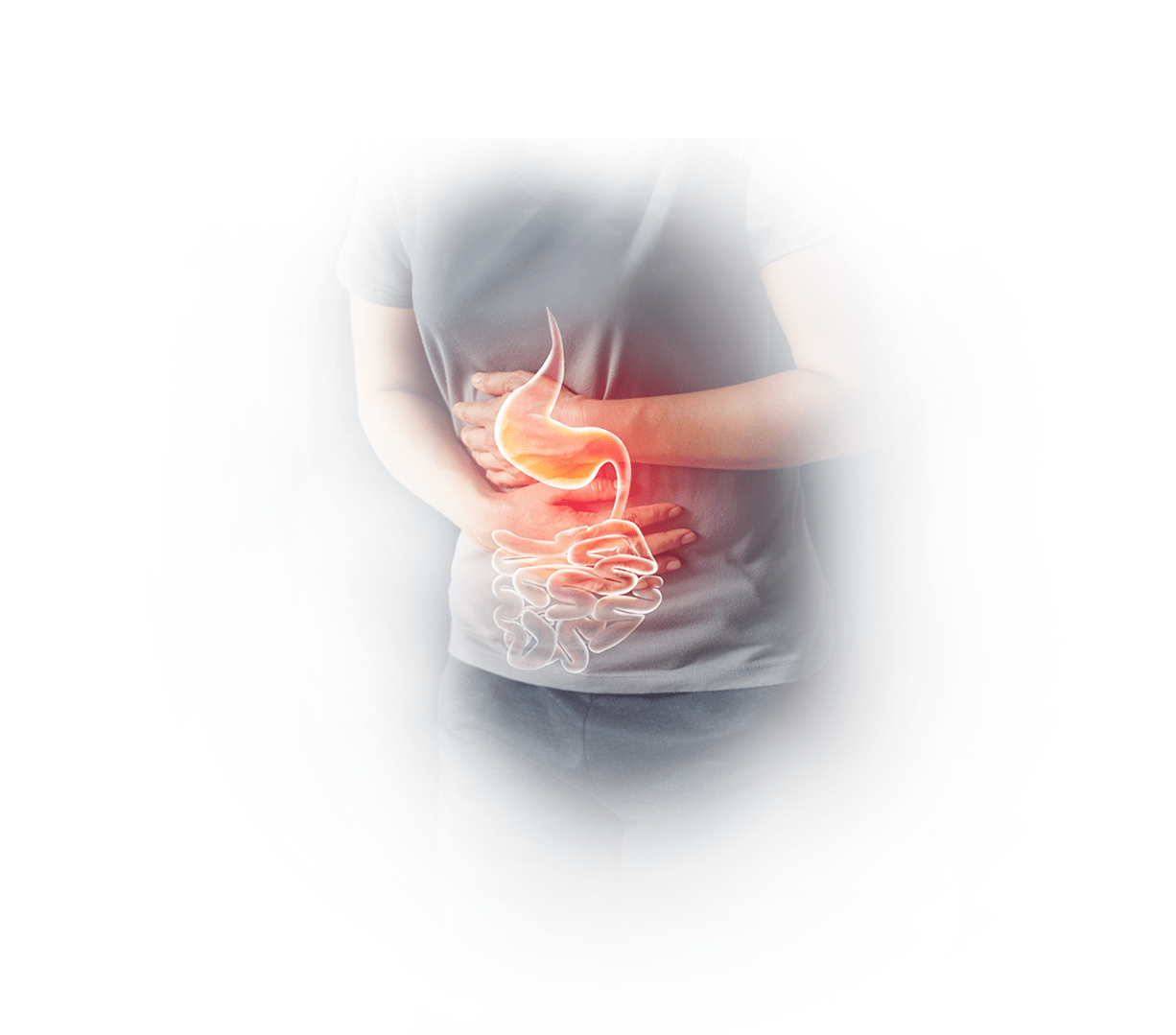WHAT IS
Crohn’s disease is a chronic (long-term) inflammatory bowel disease (IBD) that causes inflammation in your gastrointestinal (GI) tract. It can affect any part of the GI tract from mouth to anus.
Crohn’s Disease
- Can affect any part of the digestive tract (from mouth to anus).
- Inflammation can occur through all layers of the intestinal wall.
- May cause complications like strictures, fistulas, and malabsorption.
Ulcerative Colitis
- Affects only the colon (large intestine) and rectum.
- Inflammation is usually continuous and limited to the inner lining of the colon.
- Can lead to ulcers, bleeding, and long-term colon damage.
🩺 Common Symptoms of IBD
- Abdominal pain and cramping
- Chronic diarrhea (sometimes with blood or mucus)
- Urgent bowel movements
- Weight loss
- Fatigue
- Loss of appetite
- Fever during flare-ups
Symptoms typically come and go in flares, with periods of remission.
🧠 Causes and Risk Factors
The exact cause is unknown, but IBD is believed to result from a combination of:
- Genetic predisposition
- Immune system dysfunction (the body attacks its own intestines)
- Environmental triggers (stress, infections, diet, smoking)
- Gut microbiome imbalance
💊 Treatment
While there is no cure, IBD can be managed with:
- Anti-inflammatory drugs (e.g., aminosalicylates, corticosteroids)
- Immunosuppressants and biologics
- Diet and lifestyle changes
- Surgery in severe or unresponsive cases

